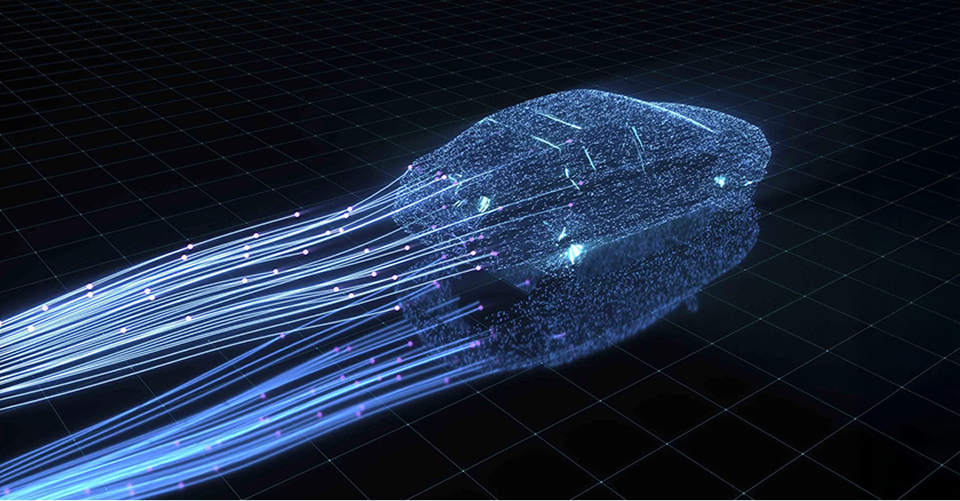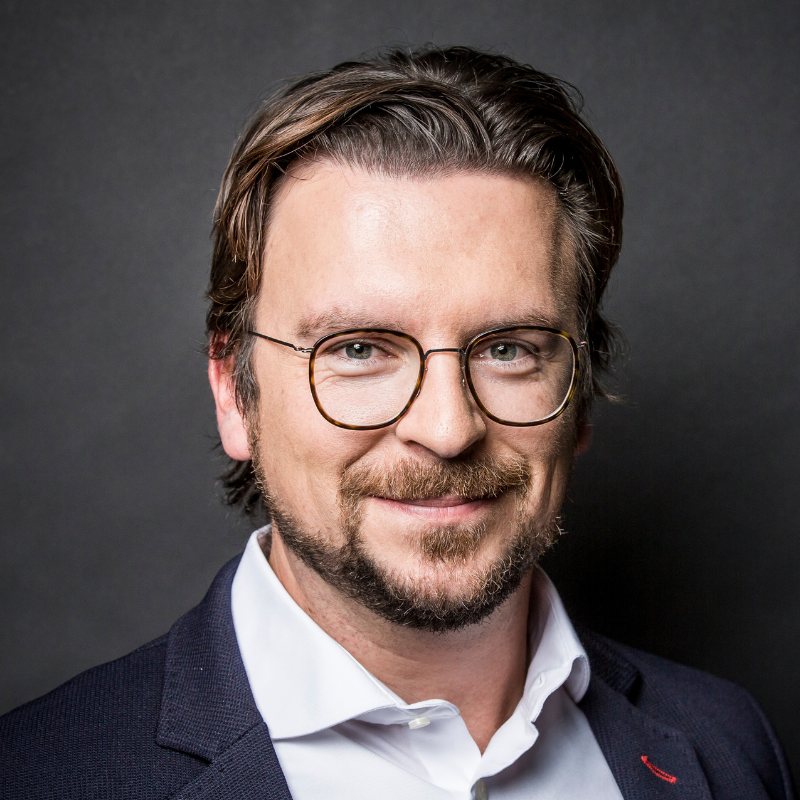Automotive
Rising fuel costs, congested roads and increased demand for just-in-time delivery create huge pressures. Quantum computing will redefine mobility, logistics, materials, and more, transforming automotive.
Transforming Mobility with Quantum Advantage
Quantum technologies are redefining how vehicles move, communicate, and adapt—powering smarter operations, resilient supply chains, and safer autonomous driving.
Shape the Future of Mobility
Automotive companies are increasingly transitioning from being centered around the sale of a commodity product to the provision of mobility as a service. This creates a broad range of complex computational challenges. Players that effectively address this with quantum technologies are well placed to lead.
Improve Operations and Supply Chains
Quantum technology can reduce the impact of supply chain disruptions and enable greater production capacity with existing resources.
Enhance Autonomous Driving
Quantum machine learning can develop and train models that will improve prediction accuracy, improve sensors and better deal with complex, real-world situations.
Our Impact
Improve your logistics, invent new battery technologies and develop better assisted, piloted and automated driving. Additionally, improve the vehicle production process using quantum-automated parts and vehicle design.
- Process Optimization: Optimizing operational processes, such as workflow scheduling at the assembly line.
- Routing and Mobility Optimization: Predicting traffic volume to optimize routing and mobility services.
- Image Recognition: Using quantum-enhanced machine learning to improve image recognition for car classification.
- Design Quality and Efficiency: Introducing innovative vehicle and battery design to improve quality and reduce carbon dioxide emissions.
Use Case: Image Recognition in the Automotive Industry
Together with the Volkswagen Group’s Data Lab, Terra Quantum aimed to improve the accuracy of image recognition. In the manufacturing context, these systems are highly valuable for fault detection, for example. In the future, such models could also make a valuable contribution to the performance of self-driving vehicles.
The team developed a new hybrid quantum machine learning algorithm and deployed it on the QMware hybrid quantum cloud. In scientific terms, they built a hybrid quantum residual neural network model, enhanced through quantum elements and a new approach for a quantum-inspired tensor train hyperparameter optimization.
The team benchmarked this method over classical machine learning approaches and observed performance improvements in the form of reduced expected run times and fitness as the problem size scales. The newly developed approach can provide increased accuracy in image recognition tasks in fewer iterations.

Driving Innovation in Quantum Technology
The team at Terra Quantum, guided by global leadership in AI and quantum computing, is advancing transformative applications across industries—from materials science to mobility.

Prof. Dr. Florian Neukart
Florian has built a reputation as high-tech leader and practitioner, and advisor in innovation and future tech. He is in the Board of Trustees of the International Foundation of Artificial Intelligence and Quantum Computing, a special advisor to the Quantum Strategy Institute, on Board of Advisors of the KI Park, a co- author of Germany’s National Roadmap for Quantum Computing, on the Advisory Board of Quantum.Tech, and was a member of the World Economic Forum’s Future Council on Quantum Computing.
Before joining Terra Quantum AG in 2021, he worked at Volkswagen Group in various positions for 11 years, assuming responsibility as Director for the Group’s innovation labs in Munich and San Francisco. Preceding his career at Volkswagen, he held various management and research positions in industry, academia, and consulting. Florian studied computer science, physics, and information technology, holding Master’s degrees and diplomas in these fields as well as a Ph.D. in computer science focusing on the intersection of artificial intelligence and quantum computing.
He pursues academic research and teaching, working as assistant professor at the Leiden Institute of Advanced Computer Science teaching quantum computing. He has written books on artificial intelligence and energy, edited a book on quantum computing, and published more than 90 articles on quantum computing and various other topics ranging from materials science to self-driving vehicles.